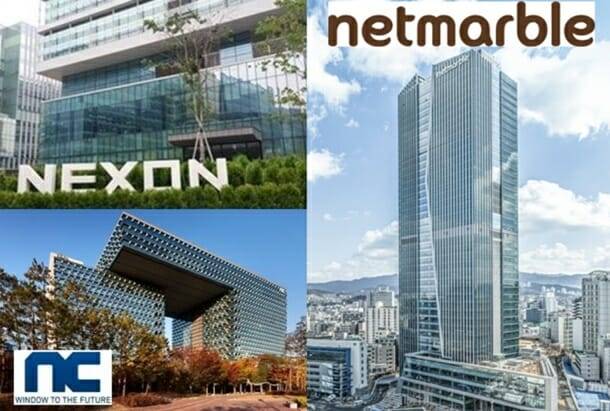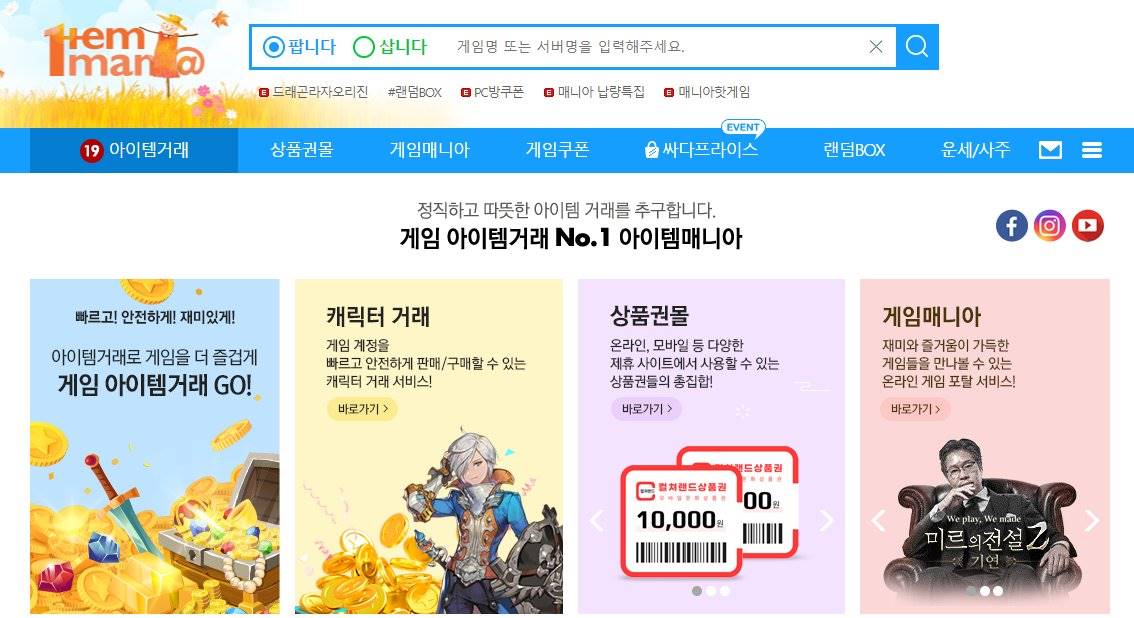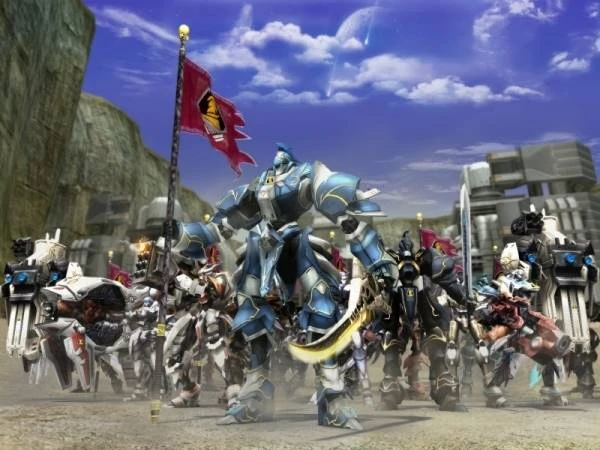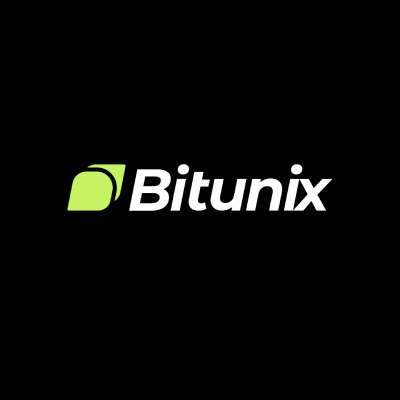Una mirada al mercado de juegos blockchain de Corea: los jugadores no se oponen a la tecnología blockchain, pero les preocupa la codicia
Autor original: 1 mpal
Traducción original: TechFlow

It’s hard to believe that Korean players have a certain resistance to “games with blockchain elements”.
STEPN has a user community of about 30,000 people in South Korea, most of whom know little about cryptocurrencies, while SuperWalk has been downloaded more than 100,000 times. Blockchain games like Idle Ninja Online and Mudol have topped the app store revenue charts.
However, this P2E narrative suddenly came to a halt after the LUNA collapse in May 2022. In South Korea, games must be classified by the Game Product Management Committee before they can go online, and public attitudes have changed after the courts repeatedly rejected P2E game classification applications.
That is, I think Koreans don’t hate “blockchain games” per se, but rather the negative associations they bring. This article will reveal the “resistance” and “challenges” of the Korean market.
1. Existence of Simbólicos

South Korean gamers have always had a negative view of game publishers. In the 2010s, the country’s three largest game companies — NCSoft, Netmarble, and Nexon — were collectively referred to as the “3 Ns,” and not in a positive sense. They were often blamed for holding back the growth of the South Korean game industry.
Due to this bad reputation, token issuance was quickly seen as exploitative. WeMade led the P2E narrative in South Korea by selling a large amount of WEMIX to acquire another company. This move was widely seen as an act of greed, with the company profiting not only from the game itself, but also from the token sale.
So if you want to introduce Korean players to blockchain games without any negative reactions, you need to explain that your tokens “do not directly benefit the issuer or venture capital firms.” This is a hard sell, and the best statement is: “We do not issue tokens.”
2. Alternative legal regulation

Korean players are very active in conducting P2P transactions or RMT (real money transactions). The largest P2P platform in Korea has an annual transaction volume of over $750 million. However, this is prohibited by game publishers. Games like MapleStory are relatively tolerant of RMT transactions and have even formed their own RMT communities. In Korean, this is called 쌀먹. (Note: 쌀먹 is a Korean term that is often used to describe the act of trading in games through informal channels, especially when using in-game resources for real money transactions.)
Besides the debate on whether blockchain is suitable for RMT services, there are two options for the legal framework of South Korean games:
-
If transactions are made using only premium currency, the rating is R 18 .
-
If in-game currency is also used in transactions, this falls under the regulation of gambling. Legal issues arise when blockchain markets are involved, as the goods traded may not necessarily be marked as R18, but converting them into legal currency will be problematic. Similar to tokens, NFTs are also subject to regulatory restrictions in South Korea because they are considered fungible if they have significant value on the external market.

The recent heated discussion about “revenue sharing” in some Web3 games is not new in Korea. Back in 2009, RF Online paid monthly salaries to top guilds, which caused controversy, but it did not violate the law. This was allowed because these payments were not related to in-game items. However, if in-game items can be directly converted into cash, it is prohibited in Korea.
3. Player age

There is a sizeable population of young investors in Korea. They are responsive, smart, and well-informed. Knowing that P2E models tend to break down, they avoid falling into a death spiral. It would be a mistake to assume that targeting a younger audience will be the key to winning over Korean gamers. When you look at the user demographics of successful blockchain games (or apps) in Korea, the results are quite interesting. The core user base of MIR4 , MUDOL, STEPN, and SuperWalk consists of men in their 30s and 40s. They tend to be numb to community noise, and interestingly, they have less strong opposition to blockchain games.
I once wrote a blog guide for a Korean portal about the successor of MUDOL. Maybe young investors have stopped paying attention and think MUDOL is a failure, but to this day, more than 350 people have used my invitation code to register their first overseas centralized exchange (CEX), and these people are all in their 40s.

It’s not without reason that many gaming projects still see South Korea as an attractive market. Competition is fierce here, the ARPPU (Average Revenue Per Paying User) of MMORPGs (Massive Multiplayer Online Role-Playing Games) is high, the game quality is excellent, and it is also the fourth largest gaming market in the world. However, some of the claims about its potential are exaggerated. Many gamers I have talked to, although they may be skeptical about blockchain games themselves, they rarely hate the keyword blockchain. What they worry about is the greed of game publishers and that ordinary players may be affected when the token price collapses.
Gamers do not seem to be opposed to official support for RMT (real money transactions), which is currently a legal gray area, or a pure revenue sharing model. However, this may require giving up control of the tokens or waiting for the Korean government to clarify regulations on in-game monetization.
This article is sourced from the internet: Insight into the Korean blockchain game market: Players are not opposed to blockchain, but are concerned about the greed of publishers
Related: In-depth analysis of the development status of wBTC, Ordinals and Runes
Original author: xparadigms wowitsjun_ ( hashed_official ) Original translation: TechFlow * This is the third in a four-part series exploring current solutions for scaling the Bitcoin ecosystem. In the overall cryptocurrency market, Bitcoin has the most valuable brand and assets, and its asset class is not limited to its native BTC. Bitcoin can not only be wrapped and sent to other blockchains for use, but also includes Bitcoin-inscribed assets such as Ordinals and Rune protocols. In addition, Bitcoin also has an expanding NFT market, which is issued through the Ordinals protocol. In this opinion piece, we will explore the asset classes within the Bitcoin ecosystem and how each has performed. 1. Background – Bridging BTC and Bitcoin Token Protocol 1.1 Bridging BTC As of 2024, Bitcoin remains the largest cryptocurrency…







